Hos Maina: Our Adept Photojournalist
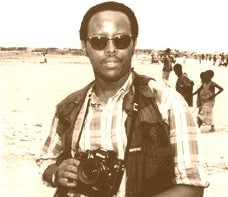
Hosea Maina. Image Credit: Reuters
When it comes to history, there is so much that can’t be forgotten, no matter how bloody or negative the information is because it all comes down to facts. In books that widen the lens on Africa’s history, there is often mention of civil wars in different states during different decades. From Nigeria to Sierra Leone to Liberia to Ethiopia to Somalia, majority of the present African states have histories that include mass graves, bloodshed, and conflict. A significant memory in Somalia’s history is the 1993 Battle of Mogadishu that happened between the third and the fourth day of October between Somali militiamen and the United States Special Forces team. As is the case with most newsworthy events, this one too attracted several news agencies primarily because it was an ordeal of armed conflict. The brave journalists made their way to the scene, not knowing what to expect but ready and willing to capture the stories the world needed to know.
But before these two bloody days, there were calmer ones. In the 70s for instance, a young man named Hosea ‘Hos’ Maina joined the Nation Media Group (NMG) as a photographer for the Nation Sport. At the time the Kenyan publication was located along Tom Mboya Street. Hos’ diligence, commitment to story and improved photography skills saw him rise in his career and take on several work assignments. From NMG, Hos joined the international news organization Reuters as a Nairobi-based photojournalist. The man worked his way up the career ladder and became a family man when he married Lucy and the pair started having children. Throughout the 80s Hos covered almost every major conflict in the region, from the attempted coup here in Kenya to the Ethiopian civil war. His ability to capture the images in the midst of raids and bombings was commendable albeit chancy – but it was the dedication that kept him going back.

Hosea Maina. Image Credit: Reuters
In January 1991 a conflict began in Somalia as an armed resistance to the then regime. By the following year, the country was already war-torn with people starving. Resources within Somalia were being controlled by various warlords and U.S. forces landed on a humanitarian mission. As a news agency dedicated to sharing information on the latest newsworthy affairs, Reuters sent their regional journalists to document the happenings in Somalia. In July 1993, the company’s television sound recordist Anthony Macharia, photographer Dan Eldon, and Hos Maina flew into Somalia to cover the attempts by the United Nation’s force of approximately 20,000 people to restore peace and order. On 12th July, resistance from the warlords through attacks prompted response from the U.S. government who sent out helicopters to pour cannon fire into one of the warlords’ command centres. The Reuter’s team rushed to the scene to film the aftermath of the surprise attack but upon arrival fate awaited them. Conspicuous with their gear and press badges, anyone who saw them knew they were there to cover the news, and for the assembling crowd on location, they seemed to be one with the enemy. The three were attacked shortly after their arrival at the compound of the command centre. None survived the intensity of the stones hurled at them and the fists and bullets that followed.
Of the three Reuters’ employees, Hos was the eldest and most experienced. It was a dark day for the Reuters’ team as well as fellow photojournalists who had previously worked with Hos, Macharia and Don. In October 2015, at the Pawa Festival’s Heroes Exhibition, Hos Maina’s image and story was displayed, a symbol of honour to the fallen photographer.
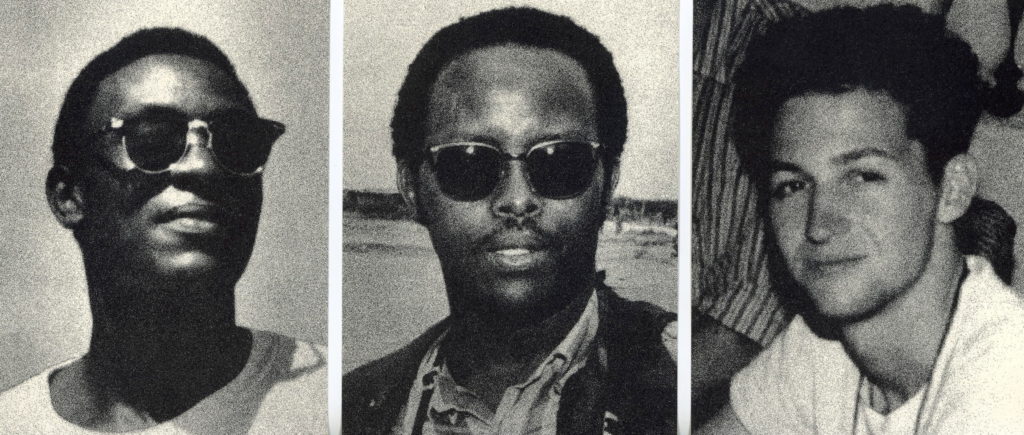
From Left: Anthony Macahria, Hos Maina, and Dan Eldon

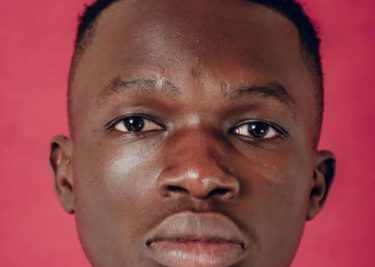
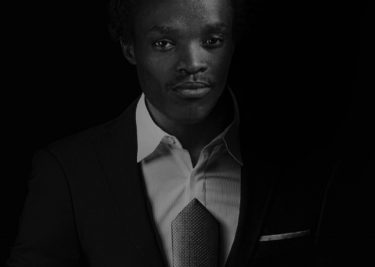
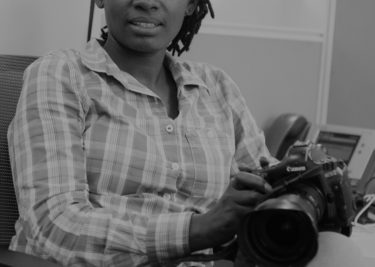
2 Comments
Thank you for reminding us of the fallen heroes! Our History and the beautiful country we have. We are not perfect as a nation, however we have a lot to be grateful for.
I haven’t expressed my appreciation to the Paukwa team before. Keep up the good work.
I appreciate you all.
Rose, thank you for taking the time to read the story and share your appreciation. Indeed our history is not perfect but there are so many stories that need to be told.